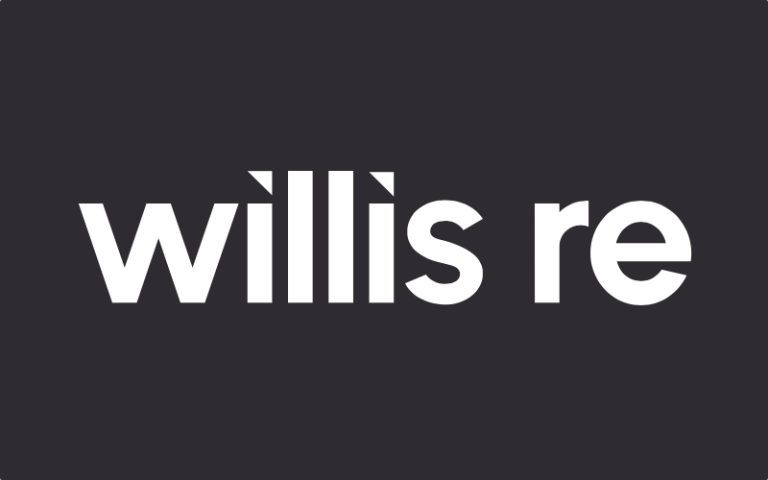
Policyholders trust their insurance companies will treat them fairly and in accordance with the terms of their insurance policy.This expectation, however, goes both ways.Under Colorado law, an insurance policy is void, and “the insurer is released from its contractual obligation where there is ‘proof of a false statement by [an] insured as to some material matter made for the purpose and with the intention of deceiving the insurer and inducing it to pay more insurance than the amount of the loss sustained.’”1 Insurance policies commonly include provisions prohibiting such “concealment or misrepresentations” from the policyholders or their agents.
This prohibition extends to when the policyholder is applying for insurance, as well as during the effective term of the policy.Crucially, these concealment or misrepresentation provisions typically contain additional language stating that any concealment or misrepresentation made by the policyholder is grounds to invalidate coverage, regardless of materiality or intent.Thus, this additional language imparts stricter obligations on the policyholder and their agents beyond those required by Colorado law.
Specifically, the insured and their agents can only provide truthful and accurate information during the application stage, the term of the policy, and during any claims made under the policy.Increasingly, insurance carriers and their representatives in Colorado are leveraging these policy provisions against their insured to avoid paying claims.It has become commonplace for insurance carriers in Colorado to claim that any misrepresentation or “concealment” of information – no matter how small or innocuous – is enough to avoid paying benefits.
Insurers are also filing more countersuits and actions for declaratory judgment against policyholders, claiming that the policyholders have made misrepresentations or concealed information from them – thus discharging any obligation for the carrier to tender coverage.What does this mean for policyholders? First, policyholders must make every effort to be truthful and accurate in their application for insurance.Mistakes in an insurance application, even if seemingly small or innocent, can significantly impact a claim made under the policy.
This also applies during the effective term of the policy and to any claims filed under the policy.Second, policyholders should know this obligation likely extends not only to them but to their insurance agents as well.This includes public adjusters, as they are agents of the insured.2 Information provided to agents or representatives of the policyholder while applying for insurance and during the policy period should be truthful and accurate – because “close enough” is not good enough.
Third, once a policyholder files a claim, they need to be aware that every document submitted and every statement made to the insurance carrier is subject to these sweeping “concealment or misrepresentations” provisions.Knowing the obligations under the insurance policy is crucial to protecting the insured property.Don’t give the insurer any reason to file a claim under these provisions.
Maintaining credibility and trustworthiness from the outset can only help the policyholder._______________________________________________1Northwestern Nat’l Ins.Co.
v.Barnhart, 713 P.2d 1360, 1361 (Colo.App.
1985).2See Republic Ins.Co.v.
Jernigan, 753 P.2d 229, 231 (Colo.1988).
Publisher: Property Insurance








